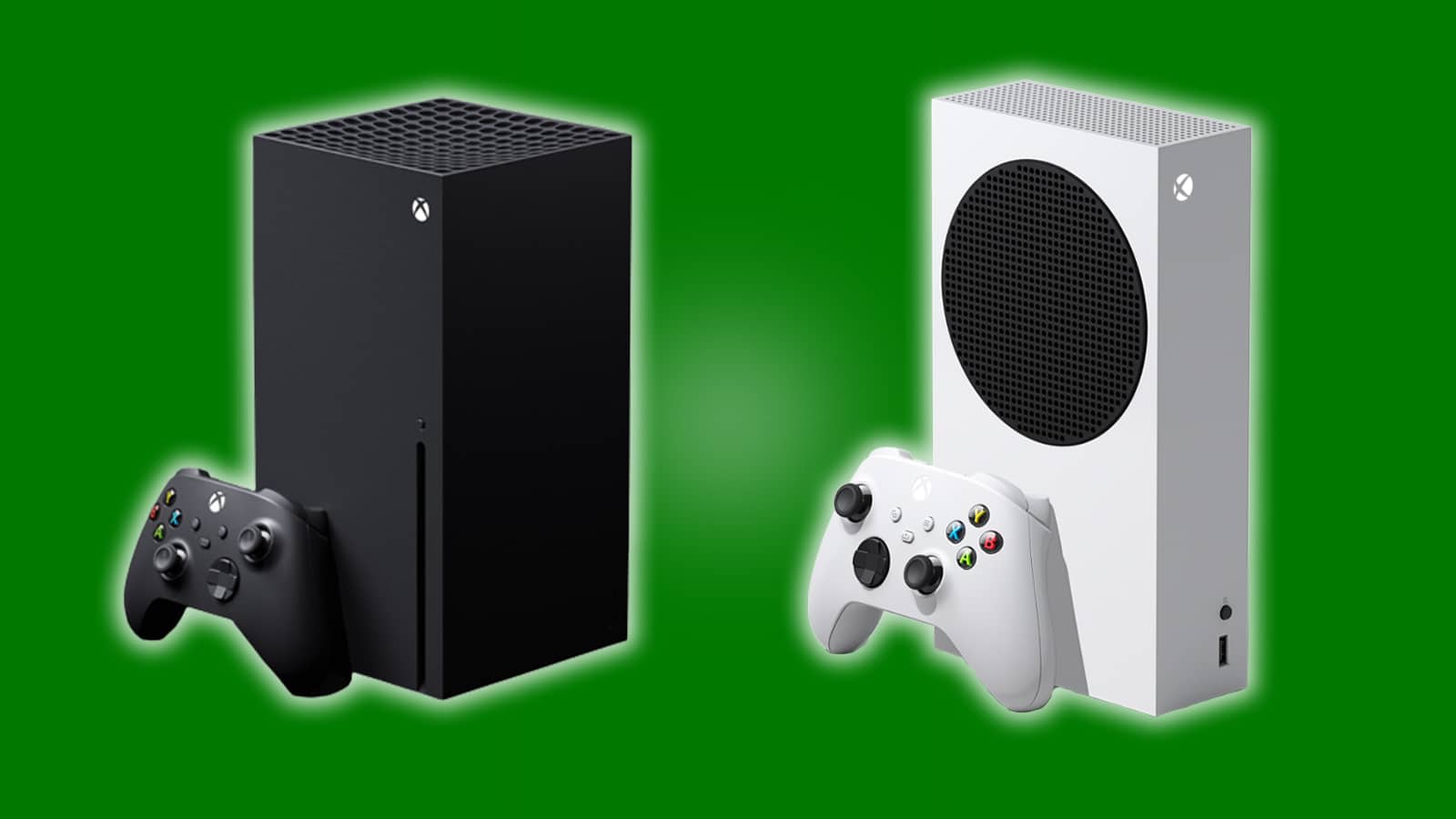Xbox Game Pass, Microsoft’s subscription service offering access to a vast library of games, hasn’t quite captured the hearts of Japanese gamers to the same extent as in other regions. To boost its appeal, Microsoft is trying a unique marketing tactic in Japan: disguising Xbox Game Pass codes as physical game boxes.
This article delves into Microsoft’s innovative marketing strategy, explores the challenges of attracting Japanese gamers, and the potential impact of this new approach.

Cracking the Code: Why Traditional Strategies Haven’t Worked in Japan
Microsoft has a long history of struggling to gain a foothold in the Japanese gaming market. Here are some potential reasons why traditional marketing strategies haven’t yielded the desired results:
Dominant Local Competition: Sony’s PlayStation has long been the dominant console platform in Japan. Japanese gamers are accustomed to PlayStation’s offerings and may be hesitant to switch ecosystems.
Focus on Western Games: Xbox Game Pass boasts a library heavily weighted towards Western-developed titles. This might not resonate as strongly with Japanese gamers who often have a preference for Japanese-developed games, particularly RPGs and character-driven narratives.
Limited Localization Efforts: While some Xbox titles receive full Japanese localization (voice acting and subtitles), this isn’t always the case. This language barrier can be a significant deterrent for Japanese gamers.
These factors have created a situation where many Japanese gamers haven’t fully grasped the concept of Xbox Game Pass or its potential value proposition.
Thinking Outside the Box: The Rise of the “Fake” Game Case
Microsoft’s new marketing tactic in Japan takes an unconventional approach. Instead of traditional advertising campaigns, they’re using physical store displays to grab attention. Here’s how it works:
Deceptively Familiar Packaging: Xbox Game Pass codes are packaged to resemble physical game boxes for popular titles available on the service.
A Closer Look Reveals the Truth: Upon closer inspection, the packaging reveals it’s not a traditional game disc but a code for Xbox Game Pass.
This strategy aims to pique the curiosity of Japanese gamers browsing store shelves. By using familiar game box visuals, Microsoft hopes to entice gamers to take a closer look and learn more about Xbox Game Pass.
Will the Gimmick Work? Potential Outcomes of the New Strategy
The effectiveness of this marketing tactic remains to be seen. Here are some potential outcomes:
Intrigue and Exploration: The unique packaging could spark curiosity among gamers unfamiliar with Xbox Game Pass, leading them to investigate the service further.
Confusion and Frustration: Some gamers might feel misled by the deceptive packaging, leading to negative perceptions of Xbox Game Pass.
Limited Long-Term Impact: The “fake” game case approach might attract initial attention, but it’s unclear if it can lead to sustained user growth.
The success of this strategy will likely depend on how it’s executed and complemented by other marketing efforts. Microsoft will need to ensure clear communication about the actual product once gamers engage with the “game boxes.”
FAQs:
Q: Why is Microsoft struggling to attract Japanese gamers to Xbox Game Pass?
A: Several factors contribute to this, including strong competition from PlayStation, a library focused on Western games, and limited localization efforts.
Q: How does the “fake” game box strategy aim to attract Japanese gamers?
A: By using familiar game box visuals, Microsoft hopes to pique curiosity and encourage gamers to learn more about Xbox Game Pass.
Q: Is this marketing tactic likely to be successful in the long term?
A: The effectiveness remains to be seen. Its success hinges on proper execution and clear communication about the product itself.
Q: What other strategies could Microsoft use to attract Japanese gamers?
A: Microsoft could increase localization efforts for popular titles, partner with Japanese developers to offer exclusives on Xbox Game Pass, and tailor marketing campaigns to highlight games and genres that resonate with Japanese audiences.




